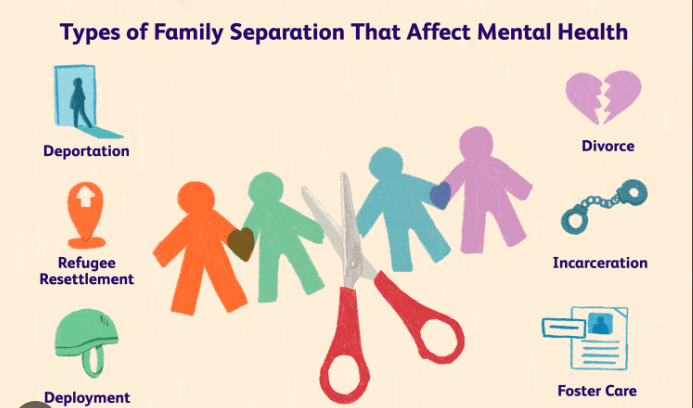A crowded house may not be the best for the mental health of a family’s kids, a new study has found.
A comprehensive study of children in China and the United States found that teens from larger households typically have worse mental health than teens from smaller families.
According to a study that was released on January 9 in the Journal of Family Issues, children in China who were alone had the best mental health, while children in the United States who had no siblings or only one had the best mental health. The U.S. statistics showed that having older siblings and siblings who are closely spaced in age tended to have the worst effects on children’s mental health.
Also read-U.S. COVID-19 Hospitalizations Increase But Show Signs Of Stabilizing
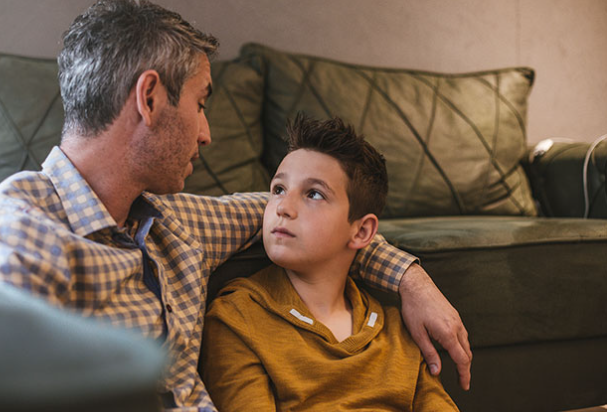
The data indicate that siblings born within a year of one another had the most negative connections with mental health. “Resource dilution” is probably the best explanation for the results, according to main researcher Doug Downey, an Ohio State University sociology professor. “If you think of parental resources like a pie, one child means that they get all the pie—all the attention and resources of the parents,” Downey said in a university news release. “However, having more siblings reduces the resources and parental attention given to each child, which could have an adverse effect on the mental health of the child.” That explanation is given more weight by the fact that closely spaced siblings have the most negative impact, as kids nearer in age will be competing for the same types of parental resources, Downey said.
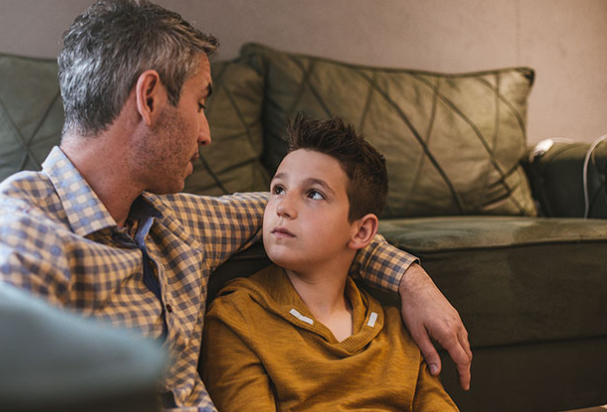
However, it’s also possible that families with many children differ in other ways that might affect their kids’ mental health, Downey added. For example, in both China and the U.S., families that were the most well-off had the best mental health. “What we found is that when you add all the evidence up, the effect of siblings on mental health is more on the negative side than the positive side,” Downey said. One drawback to the study is that the data didn’t include the quality of sibling relationships, Downey said. Strong and positive sibling relationships could be more beneficial to children and have positive effects on mental health.

Other research has also shown that having more brothers and sisters is associated with better social skills among kindergarteners and a lower likelihood of divorce among adults, Downey noted. “This combination of results is not easily explained. We still have more to learn about the impact of siblings,” Downey said. “This is particularly important now as the U.S. and other countries have lower fertility rates. Understanding the consequences of growing up with fewer or no brothers and sisters is an increasingly important social issue.” For the study, researchers analyzed data drawn from more than 9,400 eighth graders in China and 9,100 American eighth graders as part of ongoing studies in each respective country. Chinese kids have, on average, one or fewer siblings (0.89), while U.S. kids have an average of 1.6 siblings. Meanwhile, one-third of Chinese children are only children, compared to nearly 13% of American kids, the data showed.
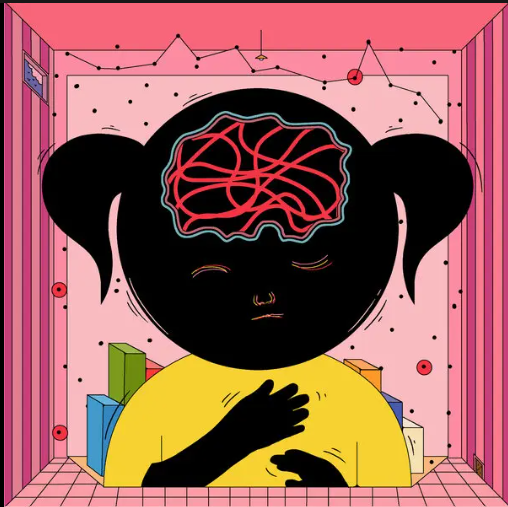
Mental health is just as important as physical health
First and foremost, we must understand that. If a child has a fever or a persistent cough, parents react — they pay attention and reach out for help. But if a child seems sad or irritable, or less interested in activities they used to enjoy, they tend to think of it as a phase, or teen angst, or something else that can be ignored. The mental health of our children is crucial. Not only does mental health affect physical health, but untreated mental health problems interfere with learning, socialization, self-esteem, and other important aspects of child development that can have lifelong repercussions. And for some children, untreated mental health problems lead to suicide.
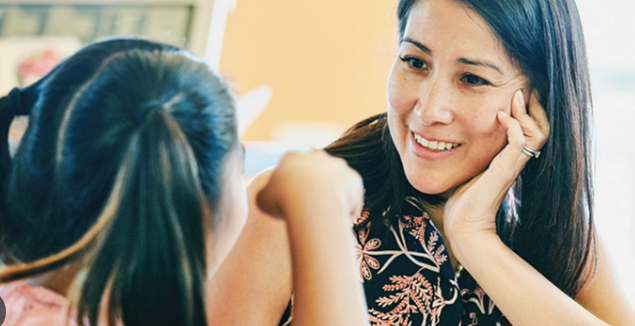
Also read-The Flu Season Is Far From Over, Although Activity Is Slowing Down: CDC
images source: Google
Disclaimer: The opinions and suggestions expressed in this article are solely those of the individual analysts. These are not the opinions of HNN. For more, please consult with your doctor







